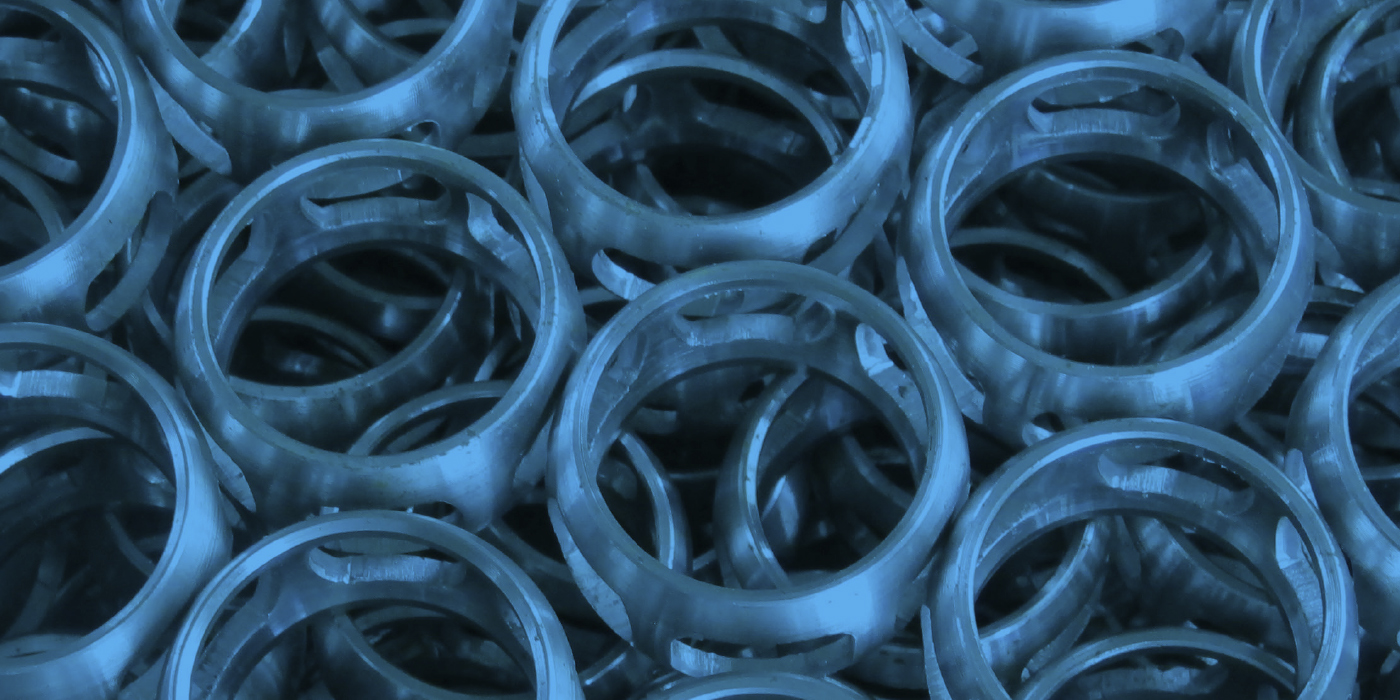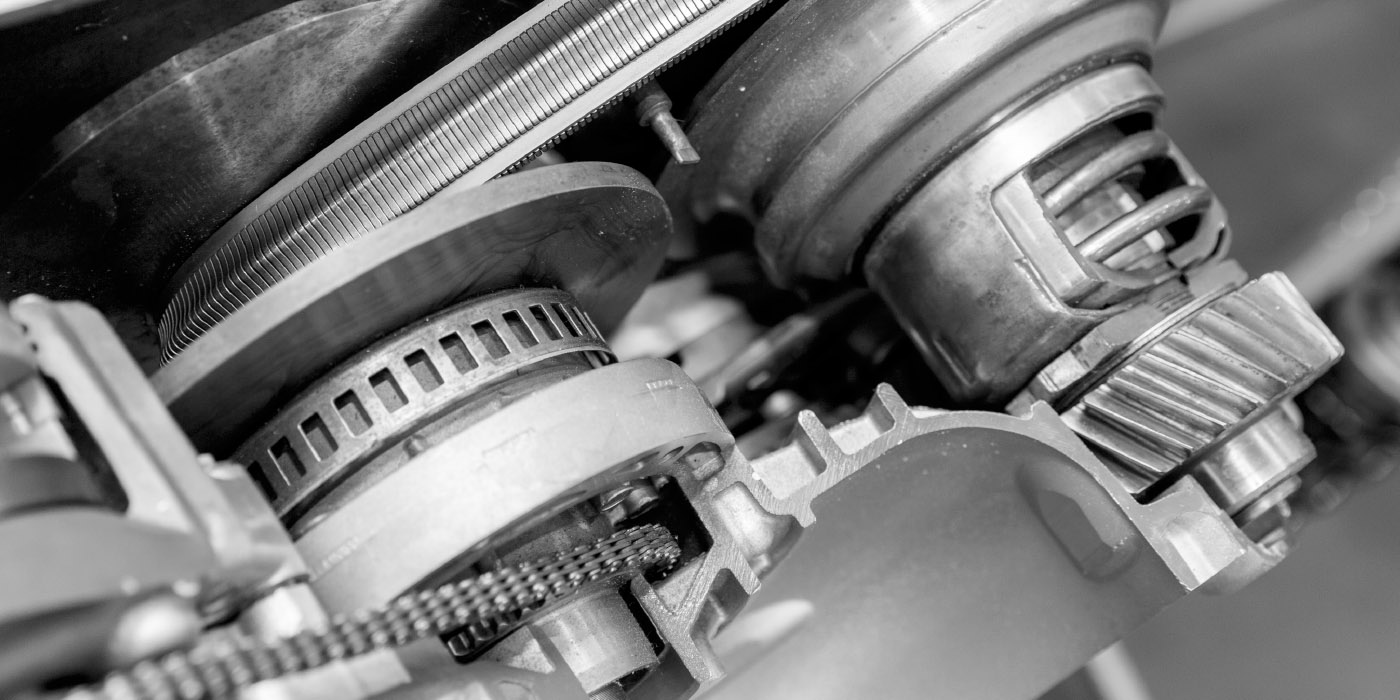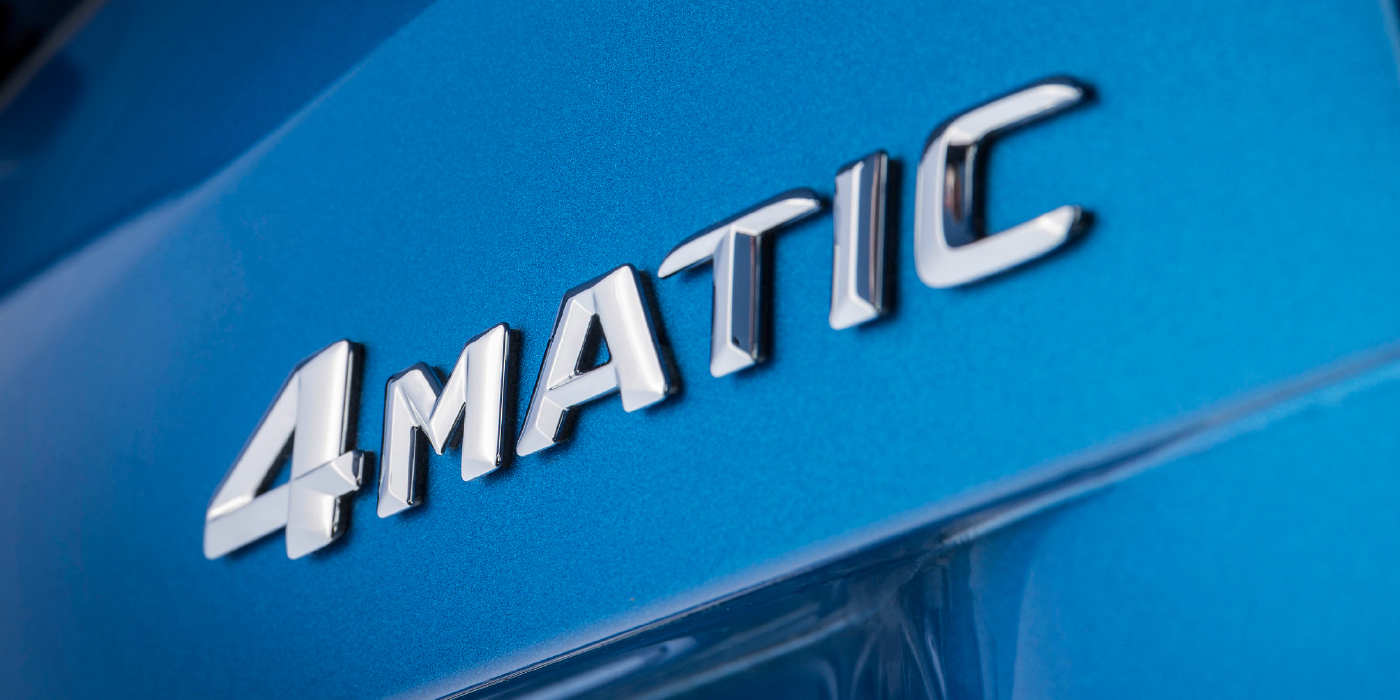All types of antifreeze contain corrosion-inhibiting chemicals to protect bare metal surfaces from electrolytic attack. Though automakers disagree on which chemical additives work best in their vehicles, essentially any kind of antifreeze will work in any vehicle. But how well will it protect the cooling system? And for how long? And will it void the OEM warranty? These are important questions that need to be answered.
There are essentially three basic types of antifreeze corrosion additives for passenger cars and light trucks:
“IAT” (Inorganic Acid Technology) is the traditional “green” formula antifreeze. This is the stuff General Motors used until 1996, Chrysler used until 2001, and Ford used until 2002 in its trucks and 2003 in its passenger cars. The green additive package contains phosphate and silicates, and provides good protection for cast iron and aluminum engine parts, as well as copper/brass radiators in older vehicles and aluminum radiators in newer vehicles. The corrosion-fighting chemicals are fast-acting, but wear out after two to three years or 36,000 miles of average use, so green coolant needs to be changed periodically to minimize the risk of corrosion damage.
“OAT” (Organic Acid Technology) is usually dyed orange to distinguish it from other types of antifreeze. In 1996, GM began using a new extended-life antifreeze, called “Dex-Cool.” The coolant contains a totally different kind of additive package called Organic Acid Technology (OAT). The OAT corrosion inhibitors are slower acting and provide protection over a longer period of time. OAT coolants typically have a service life of up to five years or 150,000 miles, making coolant changes less frequent, but still necessary (a fact that many motorists seem to forget).
Other applications that currently use OAT antifreeze as the factory-fill coolant include 1996-and-newer Audi, Jaguar, Porsche, Volkswagen and Land Rover, 2001-and-newer Saab, and 1996-and-newer Toyota, Nissan, Honda, Mazda and other Asian makes.
“HOAT” (Hybrid Organic Acid Technology) antifreeze is usually dyed yellow, but may also be dyed orange or green. HOAT coolants are currently used by Ford, Chrysler, Mercedes, BMW and Volvo. The additive package in a HOAT formula coolant also contains silicates for added aluminum protection. Most of the antifreezes in this category also meet the European “G-O5” specification for hybrid extended life coolant. The service life for HOAT is also five years or 150,000 miles.
UNIVERSAL COOLANTS?
Why not just have one “universal” coolant for all makes and models? Some antifreeze suppliers do sell a universal product. They claim it is fully compatible with all types of coolants and is safe to use in virtually any American, Asian or European vehicle application. Universal coolants are typically OAT or HOAT formulas that can go up to five years or 150,000 miles between changes when the coolant is used to replace another coolant or is added to a cooling system that already contains an OAT or HOAT coolant. But if used to top off a cooling system that already contains an IAT green formula coolant, the service life is the same as the original IAT green coolant (two to three years or 36,000 miles).
The issue with universal coolants is that a single formula cannot meet the conflicting OEM specifications for IAT, OAT and HOAT coolants. If a universal coolant contains silicates, it does not meet the OEM OAT specification. If it contains no silicates, it can’t meet the OEM HOAT specification. And if it contains phosphates or inorganic acid technology ingredients, it can’t meet the OEM OAT or HOAT specifications. Consequently, some antifreeze suppliers argue there is no such thing as a universal coolant because one formula cannot meet all the conflicting OEM specifications. This means distributors must offer three different coolants to meet the IAT, OAT and HOAT specifications — otherwise the coolant may not satisfy the OEM warranty requirements. That’s why the safest recommendation is to use the type of coolant specified by the vehicle manufacturer.
Of course, once a vehicle is out of warranty, motorists can use any type of coolant they want — and many do. Many people still prefer the traditional green formula coolant because it’s the least expensive, even if it requires a little more maintenance.
If a customer chooses a different type of coolant than that which was originally in the vehicle’s cooling system, the cooling system should be flushed to remove all of the old coolant. This will avoid any potential incompatibility issues between IAT, OAT and HOAT coolants. Their advice is to use “same with same.”




